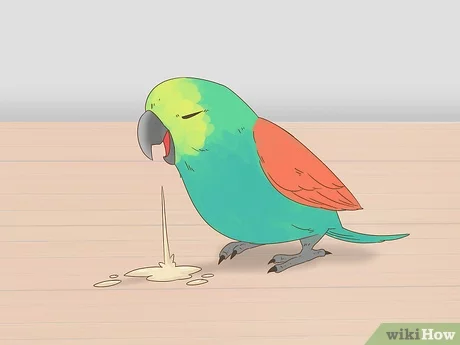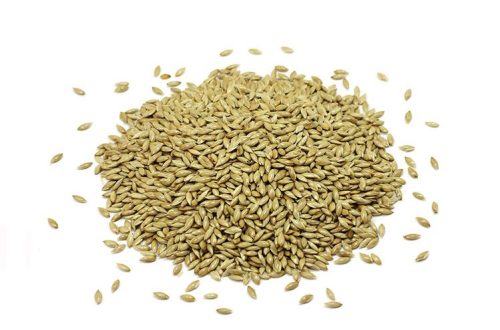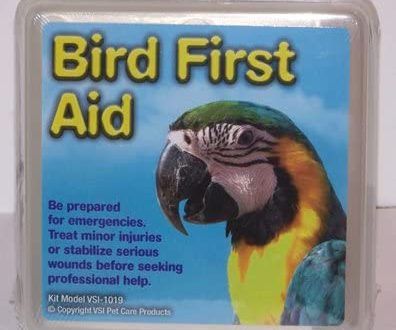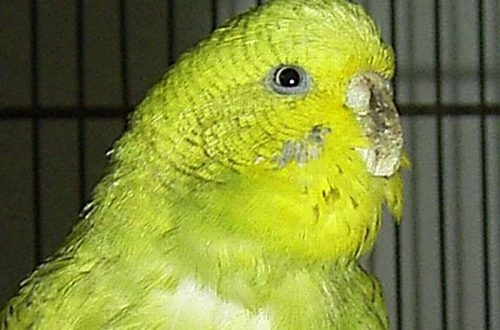
How to understand that the parrot is sick?
Unfortunately, inexperienced parrot owners may not notice the initial symptoms of a pet disease, but meanwhile, it is easiest to deal with the disease just in the early stages. So what kind of parrot behavior is alarming, what signs should you pay attention to and what to do if the parrot gets sick? Let’s try to figure it out.
As a rule, a well-feeling parrot has an excellent appetite, it is cheerful, active and always busy with something. And if the bird does not want to eat, does not move much and more and more often sits on the perch with its eyes closed, twitching its tail at the same time, it means that something has gone wrong and the pet feels bad. Well, quite egregious signs of an oncoming malaise are the loss of voice, the desire to hide the head in plumage, diarrhea, etc.
Of course, at the first sign of malaise, it is best to immediately contact a veterinarian. But if this is not possible, and the symptoms of malaise are mild, you can try to correct the situation yourself.
Often, parrot owners are faced with the fact that pets begin to actively pluck their feathers. Of course, this process looks extremely suspicious, but this is not a symptom of some kind of disease – this is how the most banal boredom is expressed. Buying a second parrot or special toys will help solve the problem.
If you notice that the parrot started acting sluggish, it’s time to think about whether you feed him correctly. In birds living at home, due to malnutrition, there is often a lack of vitamins, which, of course, negatively affects the general condition. The trembling of a parrot, inflamed, swollen eyelids, slow growth of the bird, and even convulsions testify to a strong beriberi. If, having noticed such signs, you do not make up for the lack of vitamins in the pet’s body, it may die.
Fight beriberi special vitamin preparations that are added to the feed help, as well as a diet enriched with sprouted grains, fresh herbs, fruits, berries and vegetables suitable for parrots. Never feed your bird unsuitable food!
Also, sunbathing will help to fill the lack of vitamins. In the summer, expose the cage to the sun for about half an hour to an hour.
In general, light and heat, within reasonable limits, are very beneficial for a sick bird. With signs of malaise, it is often recommended to install a lamp with a power of up to 40 watts above the cage. and leave it running around the clock. The parrot will choose a convenient place under the lamp.
In terms of drinking and food for a lethargic bird, weakly brewed tea, chamomile decoction, millet, oatmeal, etc. will be useful.
If the bird has diarrhea, activated charcoal, boiled water with the addition of rice water, and fruit tree branches with bark will help save the situation. Remember, diarrhea in parrots is a dangerous symptom. If it is not cured in time, the parrot will die. Therefore, if after a few days the situation does not improve, contact the veterinary clinic.
By the way, the cause of diarrhea is often poor-quality food and water, be careful when feeding your pet!
When the disease subsides and the parrot is healthy, be sure to rinse the cage in boiling water to disinfect it.
Never forget that preventing illness is much easier than treating it, so take good care of your pet and keep a close eye on his behavior!
If your pet nevertheless began to pull out feathers and, saving him from boredom, you decide to buy a second parrot, do not forget that the new parrot will need to be placed in a separate cage (and preferably in a separate room) for at least two weeks, this is the quarantine period, which must be endured.
Good luck and health to you!





